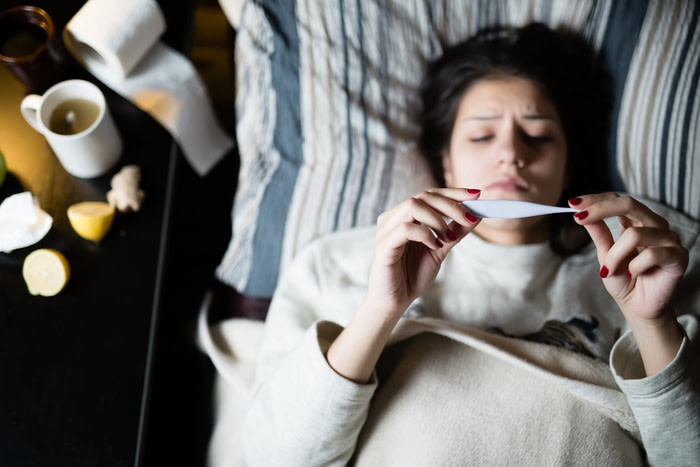
Even if you haven’t come into direct contact with someone suffering from COVID-19, if you have started to show symptoms, such as a fever, dry cough, sore throat, tiredness and trouble breathing you may have been infected, but don’t panic. For the vast majority of cases recover from COVID-19 fairly quickly, and the Australian and New Zealand governments, as well as healthcare providers in both countries have set up infrastructure specifically to help COVID-19 patients.
Who is most at risk?
Some people who are infected don’t get sick at all, others only display very mild symptoms and recover quickly and others display severe symptoms but recover quickly. While there is no definitive information on which groups are most at risk with COVID-19, the Department of Health has formulated a list of the most vulnerable based on previous experience with Coronavirus pandemics and epidemics:
- people with compromised immune systems (e.g. cancer, immunosuppression)
- elderly people
- Aboriginal and Torres Strait Islander people
- people with diagnosed chronic medical conditions such as heart or lung disease, diabetes or hypertension
- people in group residential settings or detention facilities (places in which social distancing is difficult to practice and physical contact is likely)
Stay home and contact a healthcare provider or Covid-19 clinic
If you believe you may have contracted COVID-19 , or have symptoms you are worried may be the virus, reduce the risk of infecting others by staying home unless it is an emergency. Instead of rushing to a local GP or hospital, contact your doctor or a Coronavirus clinic by phone or online. While they may not be able to diagnose you on the spot, clinics will be able to best guide you through the steps you should take - whether you need to be tested, should self-quarantine or come in to receive care. There is no current treatment available for COVID-19, so reducing the risk of transmission is paramount.
We have compiled a listing of all the Coronavirus Clinics across Australia to make it easy for you to find and contact your nearest clinic should need arise.
If you have COVID-19 symptoms, book an appointment now with your closest Coronavirus Clinic here.
You can also call the National Coronavirus Helpline on 1800 020 080 for information and advice about COVID-19. If you require translating or interpreting services, call 131 450.
Provide all requested information honestly and accurately
When you contact your GP or a COVID-19 clinic, you will be asked a number of questions to determine your risk , including questions about any symptoms you may be showing (difficulty breathing, cough, fever, etc), whether you have been in contact with someone who has been infected with COVID-19 , any recent overseas travel and the like. It’s imperative that you answer all questions honestly and accurately so you can be given the best possible advice or care.
Some GPs may prevent booking from someone that may be a risk of transmitting COVID-19. They are doing this to protect other patients and staff, not to stigmatise you. While it may seem tempting to hide some facts from the doctors if it means you can get an appointment, you’ll be much better served contacting a specialty COVID-19 clinic set up and prepared to deal with the virus.
Follow medical advice and instructions
Based on your answers, your GP or local clinic will most likely give you a number of pieces of advice or instructions designed to help you and minimise your risk of infecting others. Depending on your symptoms you may be instructed to self-quarantine and monitor symptoms, contacting the clinic if they worsen, come into a clinic for testing or head to an emergency clinic or hospital if your symptoms are severe.
If you are required to travel to a clinic, you may be instructed to follow strict hand hygiene practices before coming in and to wear a mask to block aerosols caused by coughing and sneezing.
Don't panic
Potentially having a dangerous and infectious disease is frightening, but there are numerous doctors, nurses and other clinicians working tirelessly on ways to best treat COVID-19 . We are learning new information about how to best combat the virus and scientists around the world are collaborating on working on a vaccine.
If you are feeling depressive symptoms or anxiety stemming from COVID-19, don’t be ashamed to ask for help. Your mental health is just as vital as your physical health in the coming weeks. If you need to speak to someone an easy way to find and book an appointment with a mental health professional is through the MyHealth1st portal.